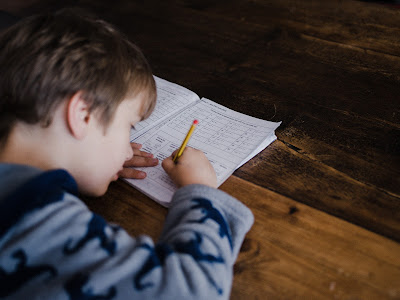Q. We know that we face evil and good in the world, and our objective is to choose that which is good. A "choice" implies that we can choose either of the two alternatives – but many times we find that our Evil Urge is stronger than our urge to do good. If so, where is our Free Will? The odds are stacked in favor of bad!
However, the fact that our choice requires more effort does not mean that there is no choice. On the contrary: If a person passes a difficult test, because he had to work harder in order to choose good, this means that he has the ability to overcome.
At the same time, we must understand that "hard" and "easy" are relative terms; what is very hard for a person in one situation can become easy in another. For instance: The society in which one chooses to live has a great effect on his future choices. If he has moved to a place where the society has a positive influence upon him, his "difficult" choices will become easier. And the opposite is also true, of course, Heaven forbid. This means that the person himself causes many of his decisions to be easier or harder, according to his own earlier choices regarding how to live, where to live, how much Torah he studies, and the like.
Such that in the end, if a person finds it hard to choose good, he himself caused this – and it is now his test and challenge to a) pass this particular test, and b) find ways to make future decisions easier.

No comments:
Post a Comment